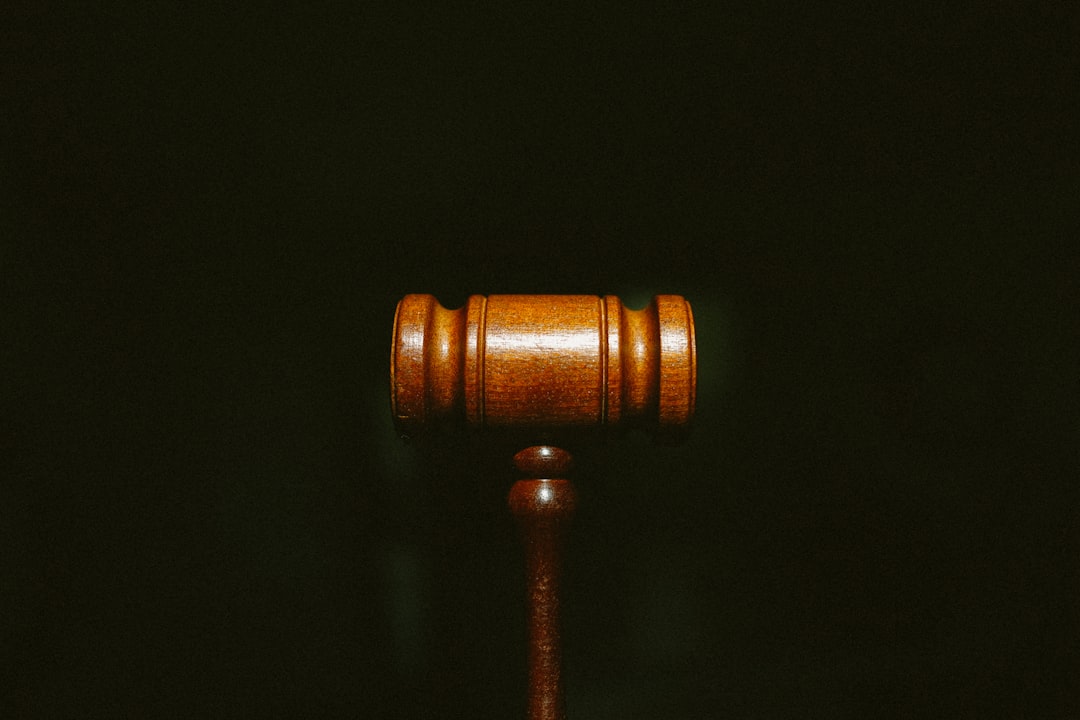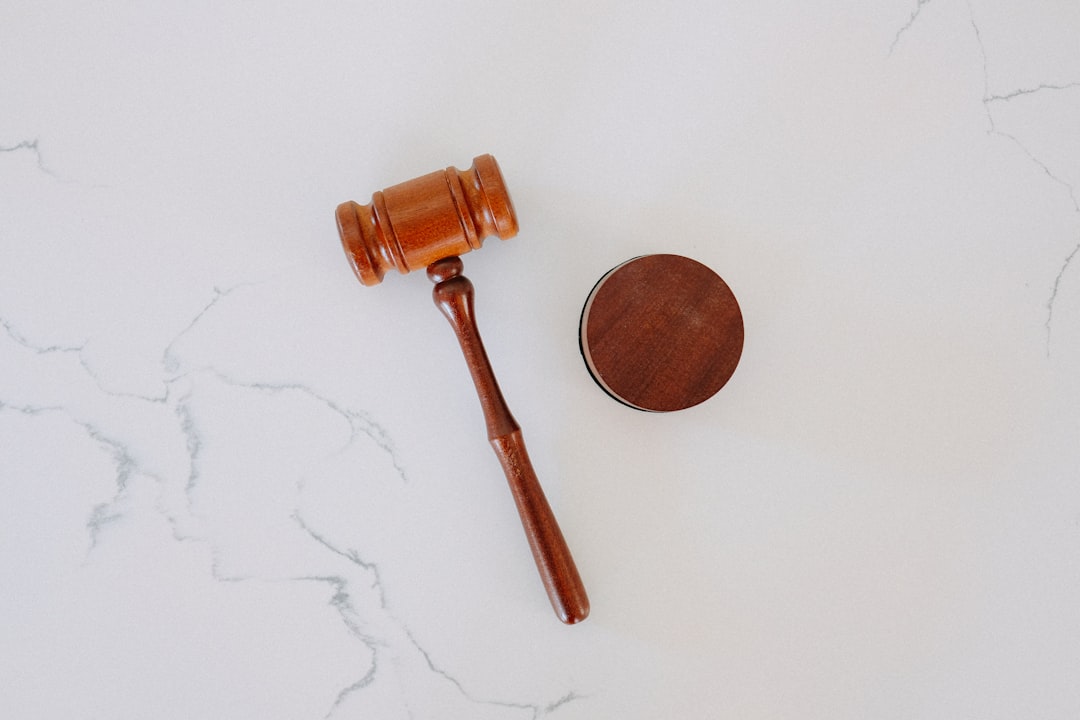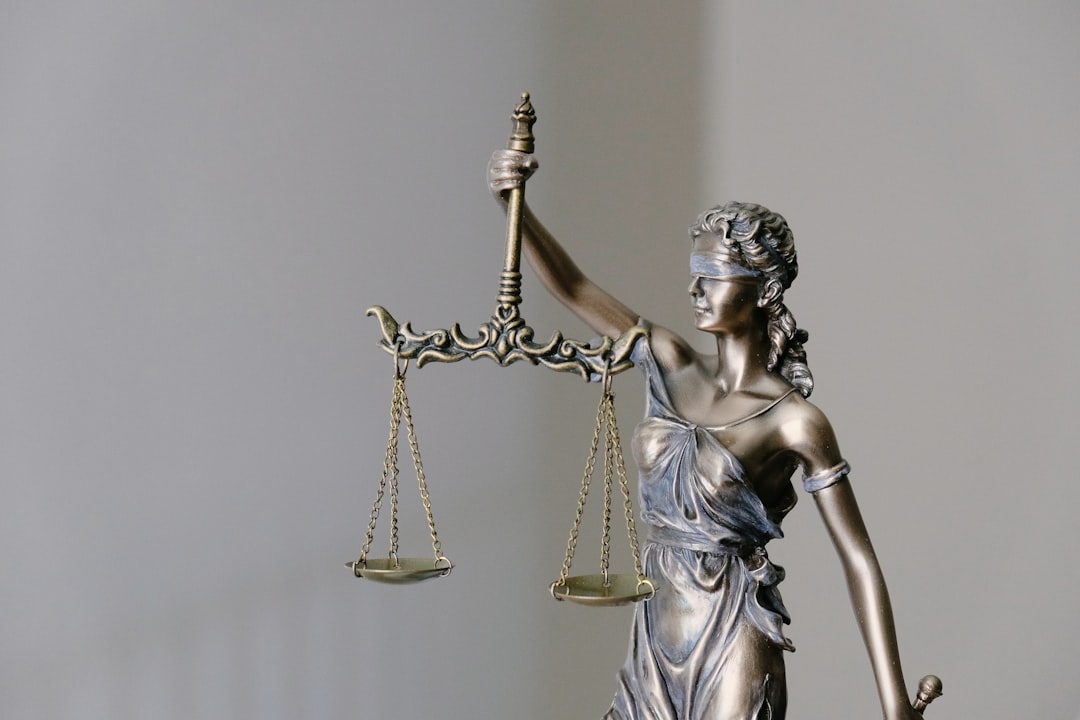Sexual abuse in Atlanta schools, fueled by fear and power dynamics, has long been underreported. To address this crisis, fostering trust, implementing robust reporting, consent education, and involving dedicated school abuse lawyers in Georgia is crucial. Legal loopholes hindering justice are being closed, strengthening protections. Comprehensive sex education and educator training empower students to recognize and prevent abuse. Community advocacy, driven by local lawyers, has transformed how school abuse is addressed, leading to safer environments and systemic reforms.
In Atlanta, Georgia, the issue of sexual abuse within schools has long been a hidden problem, overshadowed by the city’s vibrancy. This article delves into the pervasive crisis, examining legal loopholes that compromise student safety and the critical role education plays in prevention. We explore community advocacy efforts driving change and strategies for healing and reform. Join us as we analyze how Atlanta’s response to school abuse reflects broader challenges faced by schools across Georgia, underscoring the urgent need for effective legal reform and proactive educational measures.
Addressing a Hidden Problem: Atlanta's School Abuse Crisis
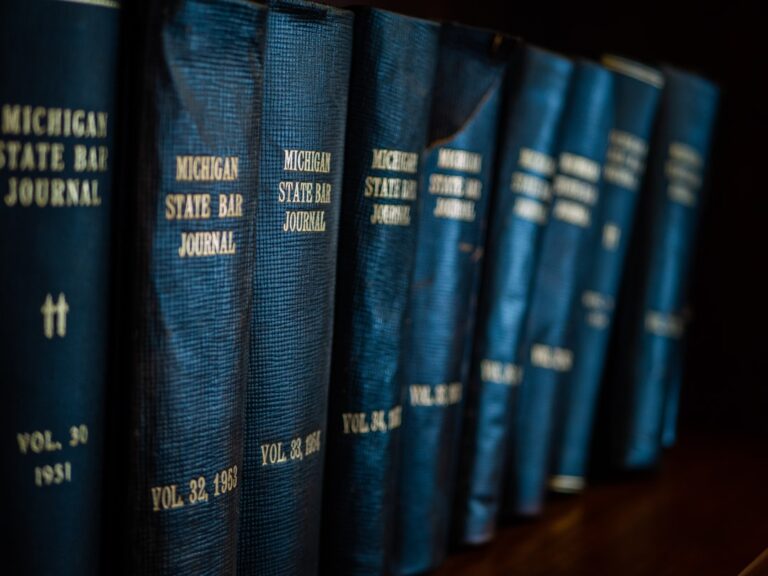
In Atlanta, Georgia schools, sexual abuse has long been a hidden problem, shrouded in secrecy and underreported due to fear, shame, and power dynamics. Many survivors hesitate to speak out, often facing additional trauma from legal processes and public disclosure. This perpetuates a cycle where perpetrators remain undetected and unpunished, allowing the abuse to continue. To tackle this crisis, it’s crucial to foster an environment of trust and safety where students feel empowered to come forward without fear of retaliation.
A significant step towards addressing school abuse in Atlanta involves increasing awareness and education. This includes training faculty and staff on recognizing signs of abuse, implementing robust reporting mechanisms, and integrating consent education into the curriculum. Additionally, having a dedicated school abuse lawyer in Georgia can play a pivotal role in ensuring that victims receive justice and that schools are held accountable for their failure to protect students. Legal expertise can provide crucial guidance, support, and advocacy for survivors, helping to break the silence surrounding this critical issue.
Legal Loopholes and Their Impact on Student Safety
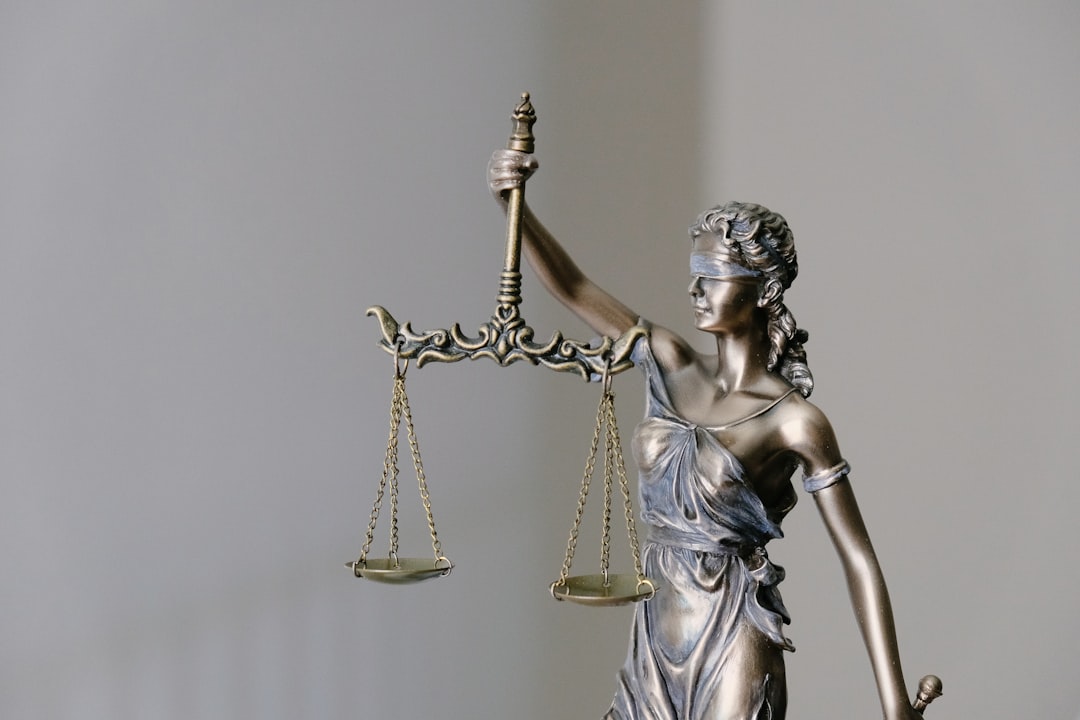
In Atlanta, Georgia schools, legal loopholes have long presented significant challenges in addressing sexual abuse. These gaps in legislation often protect perpetrators by hindering the ability of victims to seek justice and accountability. As a result, student safety is compromised, creating an environment where predators can exploit vulnerabilities without fear of consequences. The absence of stringent laws specific to school-related abuse allows for recurring incidents and perpetuates a culture of silence, further traumatizing survivors.
With the help of advocates and school administrators, Georgia’s legal landscape is gradually evolving. Efforts to close these loopholes are gaining momentum, aiming to provide more robust protections for students. By strengthening regulations and increasing accountability measures, Atlanta schools can better safeguard their pupils from sexual abuse, ensuring a safer learning environment for all. A dedicated school abuse lawyer in Georgia plays a pivotal role in this process, guiding victims through legal avenues and advocating for systemic changes that address the root causes of these issues.
The Role of Education in Preventing Sexual Misconduct

Education plays a pivotal role in preventing sexual misconduct within Atlanta, Georgia schools. Comprehensive sex education programs equipped with age-appropriate content can help students understand healthy relationships, consent, and personal boundaries from a young age. These programs should be mandatory and regularly updated to reflect current issues and societal norms. By fostering an environment where open conversations about sexuality and respect are encouraged, schools can create a culture of awareness and accountability.
Additionally, training for educators on recognizing signs of potential abuse, responding appropriately, and reporting mechanisms is essential. A school abuse lawyer in Georgia highlights that “education is not just about teaching facts but also instilling values of empathy, respect, and understanding among students.” This multi-faceted approach ensures that every member of the school community contributes to creating a safer, more supportive environment for all students.
Community Advocacy: Powering Positive Change in Georgia Schools

In addressing sexual abuse within Atlanta, Georgia schools, community advocacy has emerged as a powerful force for positive change. Driven by passionate individuals and organizations, this collective effort has led to significant advancements in prevention, reporting, and support systems. Local school abuse lawyers play a pivotal role, providing legal expertise and advocating for victims’ rights, ensuring that institutions are held accountable.
Through collaborative initiatives, community members have raised awareness, implemented robust safety protocols, and demanded systemic reforms. Their tireless efforts have fostered an environment where students feel empowered to speak out against abuse, knowing they will be heard and supported. This grassroots movement is transforming the cultural narrative surrounding school abuse in Georgia, paving the way for safer and more supportive educational environments.
Reckoning with the Past: Healing and Reform Strategies
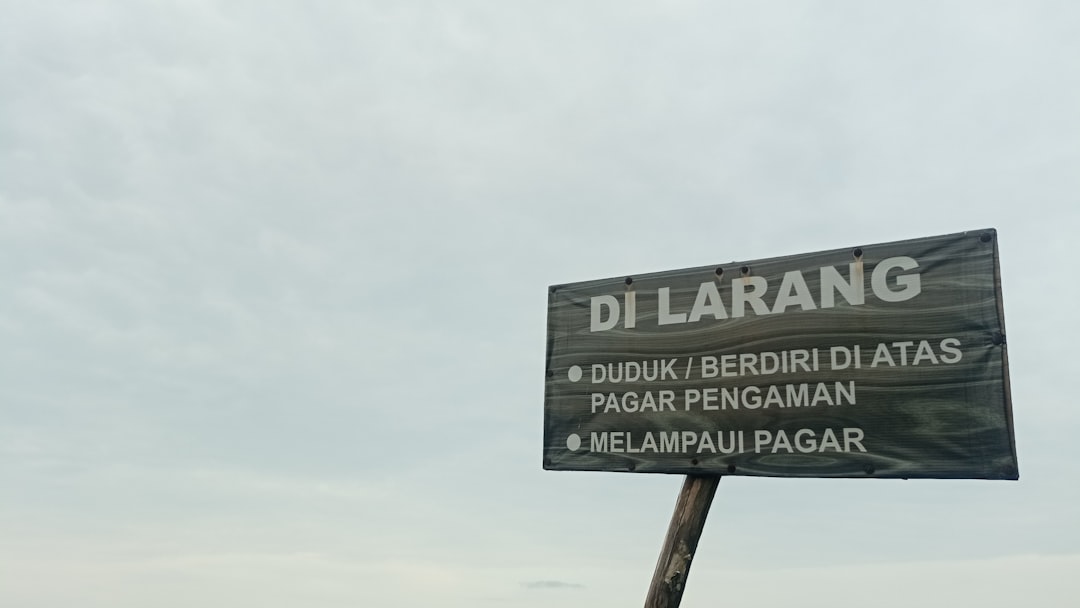
In Atlanta, Georgia, addressing historical instances of school abuse requires a multifaceted approach centered around healing and reform. The city’s past experiences with institutional failures in protection have spurred initiatives aimed at systemic change. Legal interventions play a crucial role, with dedicated school abuse lawyers pushing for stricter policies and increased accountability. This involves advocating for better reporting mechanisms, enhanced teacher training on recognizing signs of abuse, and the implementation of robust support systems for victims.
Healing strategies also encompass community engagement and education programs that foster an environment of open dialogue about sexual misconduct. By reckoning with past mistakes and involving affected communities in decision-making processes, Atlanta schools are working towards a future where every student feels safe and supported. These efforts signal a commitment to not only prevent further abuse but also to create a culture that prioritizes the well-being and dignity of every child.


